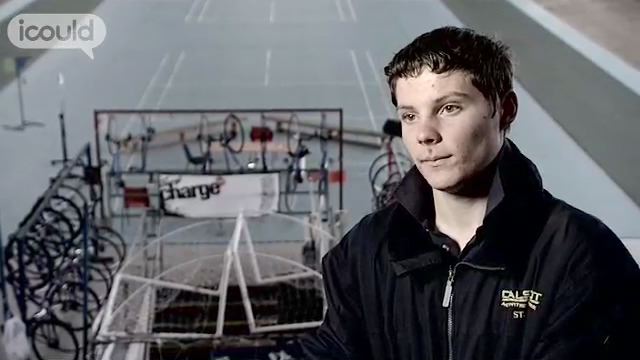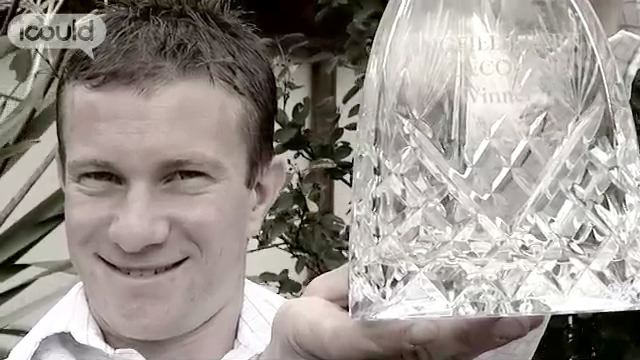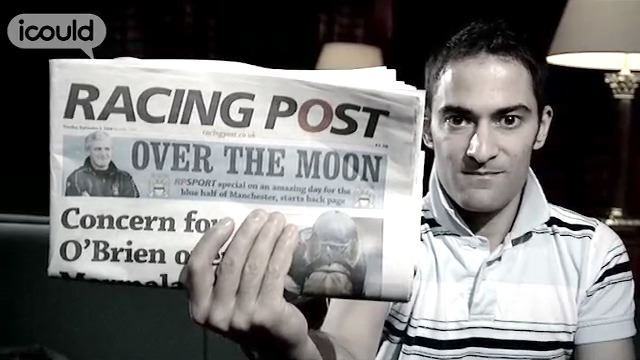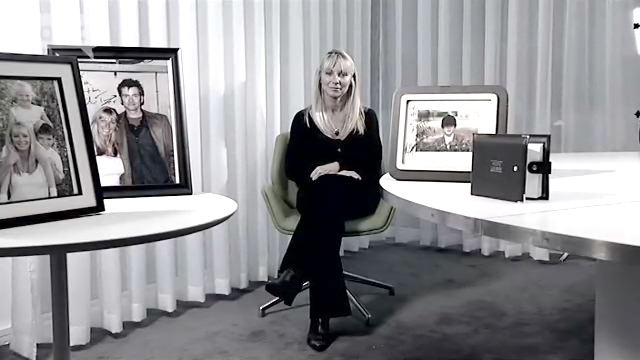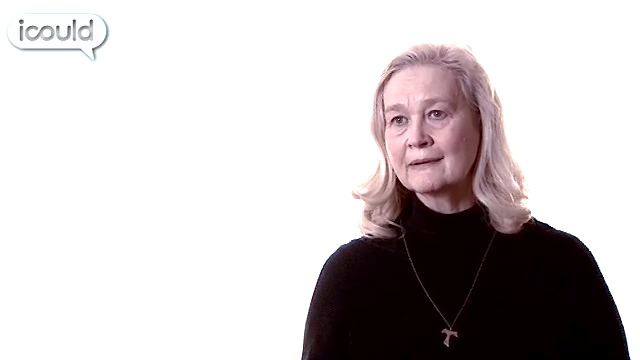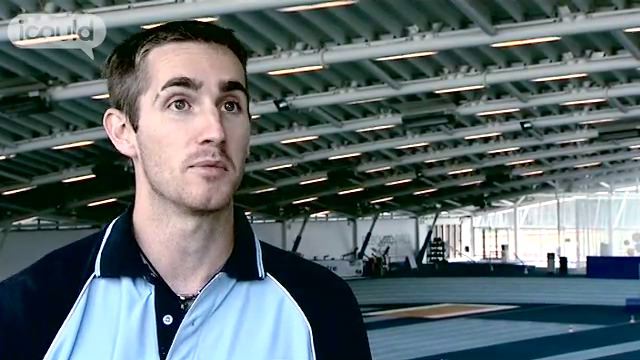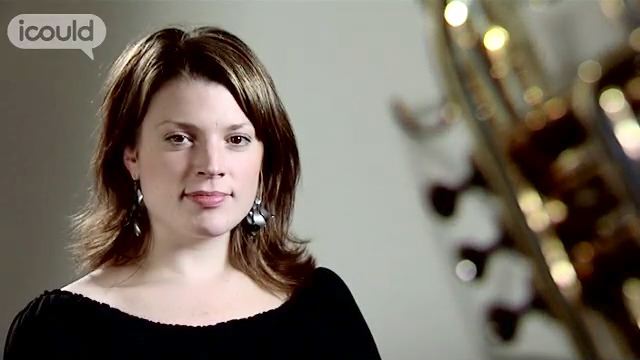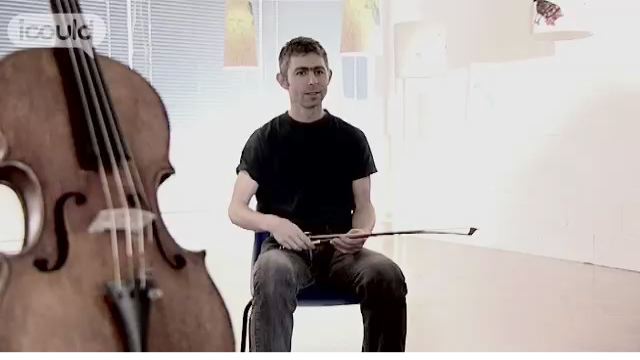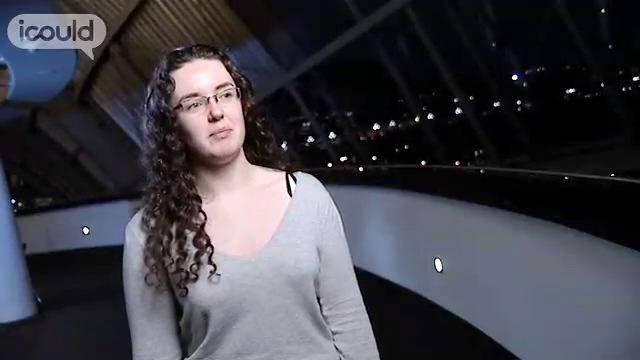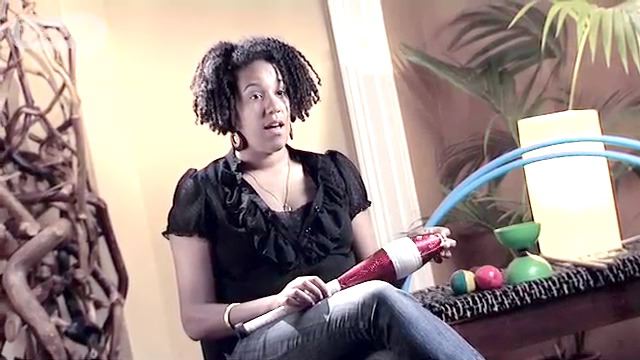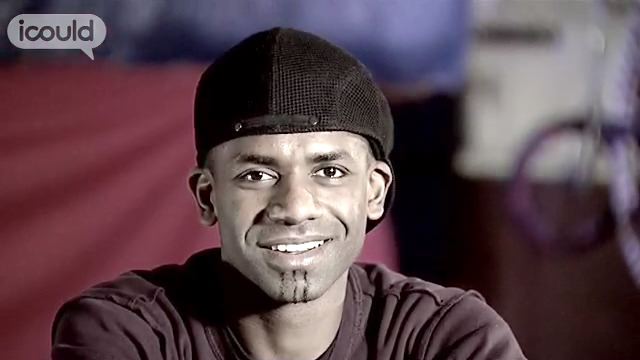Movement Director
The Globe Theatre (Shakespeare's Globe)
Glynn M
00:00:02 I’m Glynn M, and I’m Head of Movement at Shakespeare’s Globe on the South Bank in London. The Head of Movement is employed because the actors only have one instrument, and that’s their body. So if their body’s not working properly, then they’re not able to do their job. So I’m here really like a piano tuner. I’m tuning the instrument so that it’s ready to play. So it’s a very physical job I’ve got, I’m jumping around, galloping, archetypes, elements – really finding out how to speak the text. Shakespeare wrote in a verse form called iambic pentameter, pretty easy then you hear it, it’s the same as the gallop. (BEATS RHYTHM ON DRUM) if you can get your actors galloping, the heartbeat is good, the legs are moving, they’re coming into the rhythm of the verse.
00:00:57 When I was at school I wanted to do nothing. I grew up in Australia, and all I wanted to do was lay on the beach and surf. I’ve never had any ambition, and I’ve never planned my career. Who would have thought that a kid from the bush, would end up on the South Bank, teaching movement. No, I had no plans whatsoever. These things have simply opened up to me. I’ve done degrees in English Literature and Psychology, and then I trained as an Alexander teacher, which I’ve been doing for the last 38 years. The Alexander technique is a technique of psycho-physical awareness. So in other words, the way that your head, neck, back relationship works affects your efficiency as a person. So all theatre companies, and all drama schools, have Alexander teachers to help their actors find a balance in their bodies.
00:01:46 I came to London in 1968, and decided that I’d like to be involved in some way in a creative life. I started to work in drama schools. I worked at the London Academy of Music and Dramatic Art, the Guildhall School, and the Central School of Speech and Drama. And I did that for about 27 years. When Mark Rylance took over the Globe he brought me with him, because of course having an in-house Alexander teacher, as well as someone who studied Shakespeare and movement, you get three for one. So that was eleven years ago, and I’ve been here ever since.
00:02:25 I was taught by a man called Walter Carrington. He died a couple of years ago aged 92, and he was really my mentor, because he really exemplified a way of life – of how to get through the stressful business of living without becoming stressed yourself. Stress never stops, but your response to it can.
00:02:45 I am inspired when I think about Shakespeare, because here was a man who had an infinite knowledge of humanity. So what we are doing in the theatre is not something light weight. We have fifteen hundred people come in, in one state, and go out in another. That in my book is healing. You only have to see a group of adolescent boy with Macbeth – Is this a dagger that I see before me? – to see the relevance of what Shakespeare was saying. It’s not old fashioned, it’s fresh as new paint.
00:03:21 If you’re deciding on a career as a movement teacher or as an Alexander teacher, don’t think you’re going to get rich. But then you have to ask yourself – what is rich? Do I want the money? Or do I want to be able to wake up every morning looking forward to where I’m going? If, in Shakespeare’s term, the play’s the thing, if you keep playing, then you will love your work, and your work will inspire you. But if you don’t have that joy in what you’re doing – change jobs. So the lesson I have learned, is to thine own self be true. And that again is Shakespeare, wouldn’t you know.
00:03:58 ENDS
Glynn teaches movement to actors at The Globe Theatre, London. “I grew up in Australia, and all I wanted to do was lay on the beach and surf. I’ve never had any ambition, and I’ve never planned my career. Who would have thought that a kid from the bush, would end up on the South Bank, teaching movement.”
